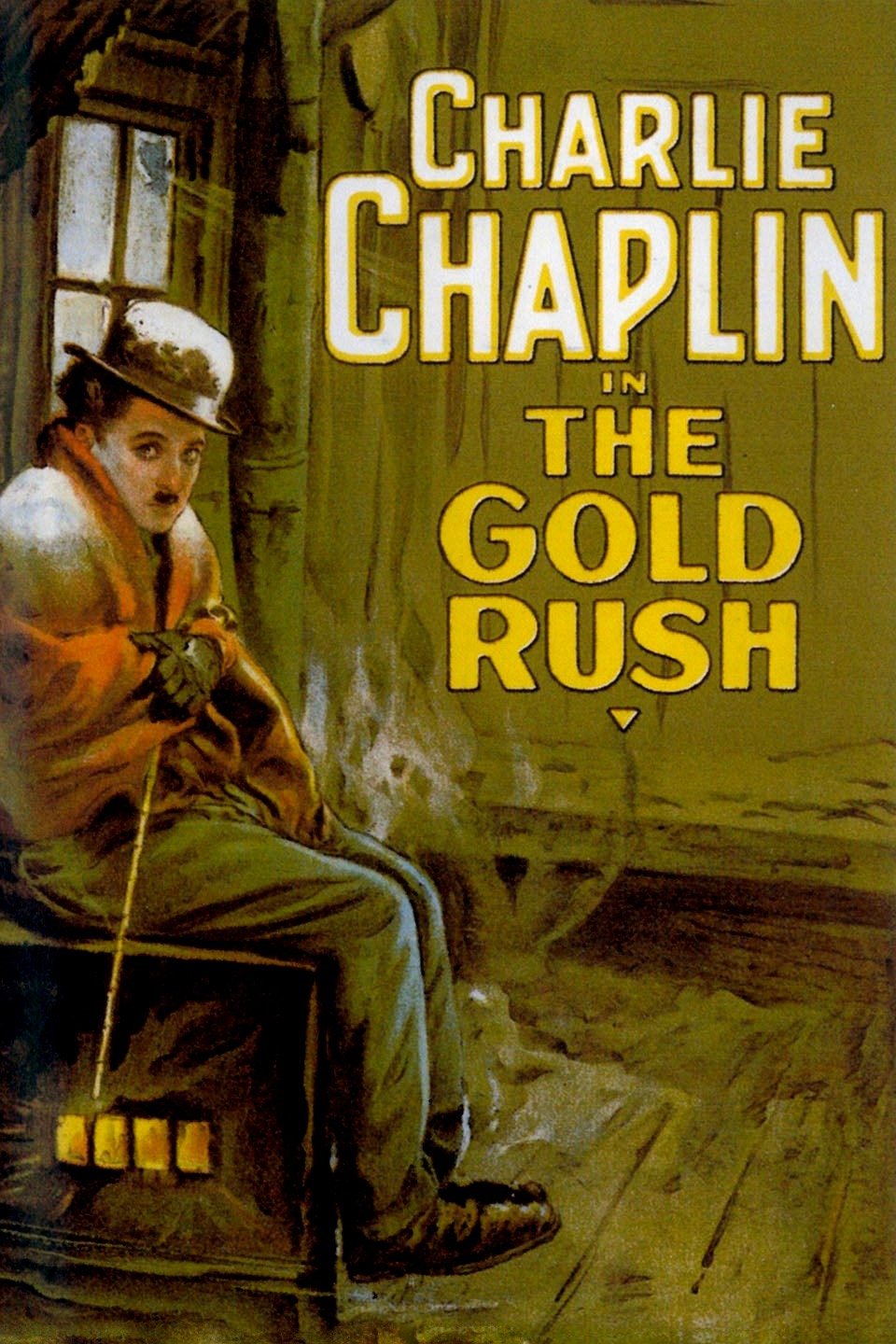Review of the film “Gold Rush”

Movie critics say that the idea of the film visited the bright head of Charles Chaplin in Pickfair, the home of Mary Pickford and Douglas Fairbanks. Among other pictures from the Klondike Valley, the Yukon tributary, his wife, as well as long-standing friends and business partners, he showed him an eloquent photograph capturing one of the gold miners, which served as the starting point for the plan. By the way, the artistic and commercial triumph of the third full-length Chaplin production mysteriously anticipated the next, also the third wave of “fever”, which broke out seven years later as a result of the discovery of several new gold-bearing veins in Alaska. This gives the work, long and fairly classified as an indisputable classic, periodically mentioned among the highest achievements in the history of cinema, also features of a come true prophecy!
Although the true merit of an outstanding artist, of course, is different. In the comedy, considered a masterpiece and himself, Charles made serious adjustments at the height of the war, in 1942, releasing a version with the imposition of sounds and music (ironically, the picture in both categories was nominated for an Oscar) and, in addition, with lengthy author’s text, which I read personally. Perhaps someone happened to see the Soviet rental version, expressively voiced by Zinovy Gerdt. A rather rare example of how this kind of modernization did not destroy the charm and did not destroy the inner rhythm of the silent film, at the same time bringing it closer to the modern viewer. The “Gold Rush” remains perhaps the brightest and most cheerful creation of Chaplin, imbued with an optimistic and even slightly naive faith in man. A comparison, for example, with the real tragedy of the domestic director Lev Kuleshov “According to the Law” (1926), also solved on American material, only confirms the correctness of this conclusion. The process of wild people turns out to be not so terrible as the thoughtless, mechanical imposition of the principles of civilisation, which are still not applicable in a situation of complete isolation from the social environment. And the exhausting struggle with the elements, and the inevitable brutality of Big Jim, almost ending with a dull mind and a hilarious attempt to cook a dinner from a tramp, which seems like a giant chicken, ultimately contribute to the tempering of spirit and character. So much so that a meeting with a bear awakened from hibernation, powerless to oppose anything to the two starving masters of nature will turn into a joyful event. But such primordial human qualities as meanness and envy will not be able to be overcome right away, and Black Larsen, an inveterate criminal and murderer, the owner of a truly black soul, brings much more troubles and troubles than harsh natural conditions.
The wanderer manages not only to survive, but, most importantly, to remain an adherent of humanistic ideals, who have preserved the worldview of a hopeless romantic and independent artist, to whom a decent society from a neighbouring village is deeply indifferent (if not hostile). The lyrical line, which upholds the idea of the all-conquering power of love, is permeated by inexplicable poetry and, despite the abundance of curious situations, despite the irony, sensitivity to the smallest, most subtle manifestations of feelings. Of high feelings, with utmost fullness expressed in the inimitable “dance of buns” demonstrated in a dream of Georgia with friends who promised to come on a visit on New Year’s Eve; the fragment did not accidentally receive an independent existence, as it were – and, by the way, rightfully serves as an example of total, absolute cinema that does not need words. At the same time, with all the life-affirming pathos and the happy conclusion of the misadventures of companions involuntarily, rewarded with a generous fate a hundredfold, “Gold Rush” is directly connected with the subsequent, more acute and sad films of the master, exposing the socio-political evil. Having survived and gained the upper hand in the confrontation with external circumstances, the man was defeated by his own kind and himself.
Sources
http://mentalfloss.com/article/83049/13-fascinating-facts-about-charlie-chaplins-gold-rush
